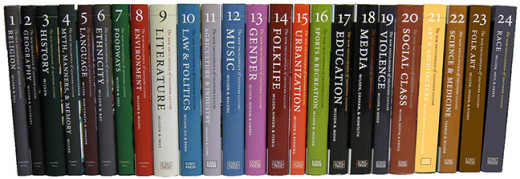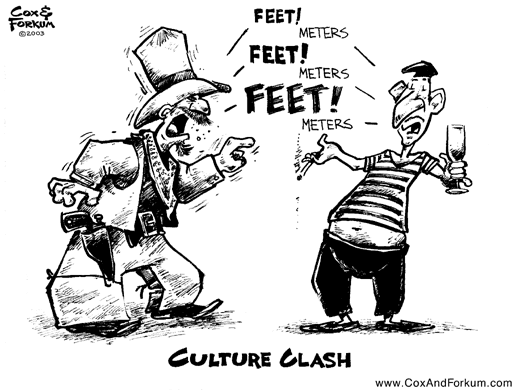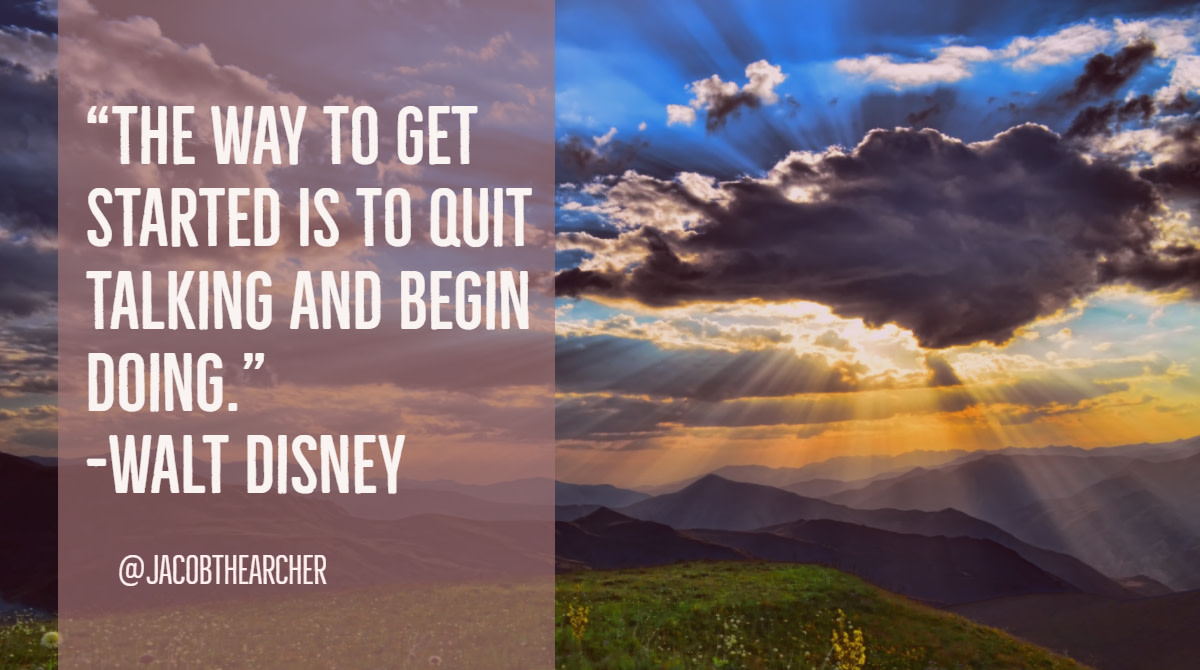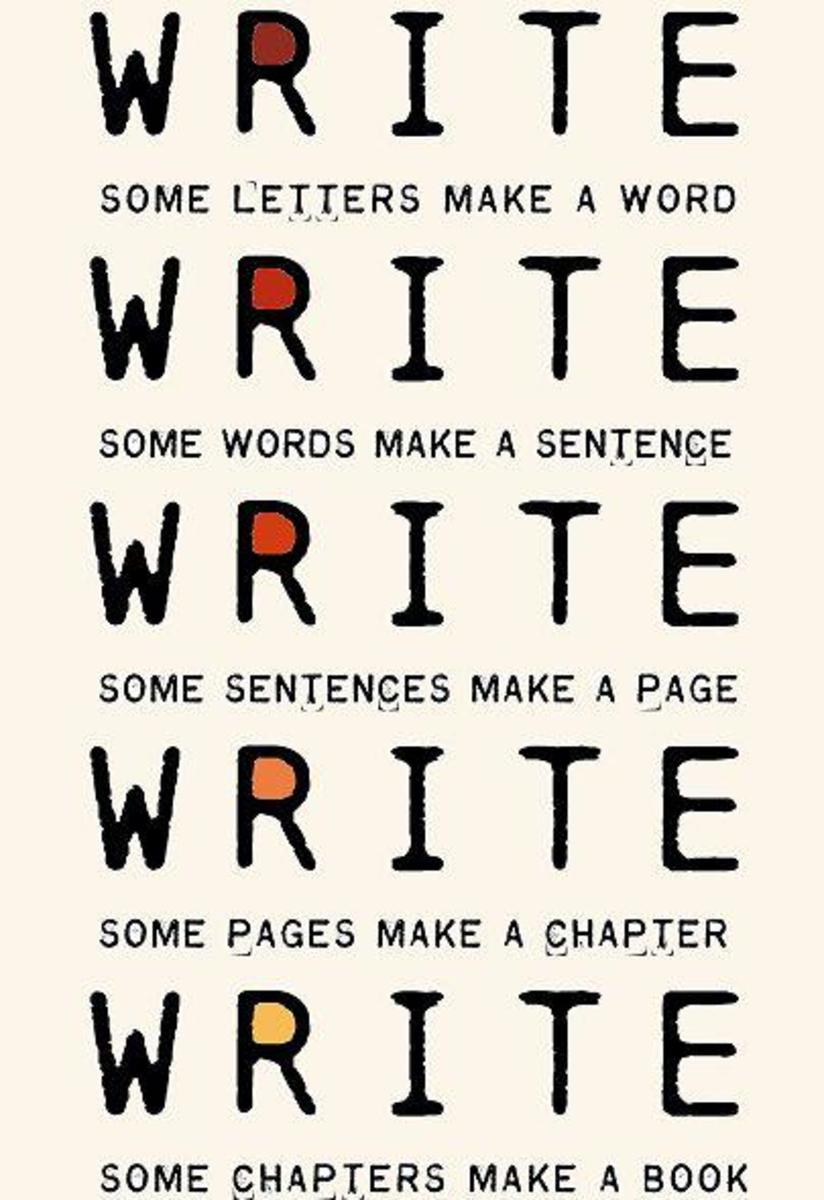Step Three: Research
Research
It’s important for each writer to research the topics covered, whether it’s defining a culture, historical accuracy, technological advancements, modern trends, and more. When basing your novel in reality, authors must portray the time period, society, and culture as accurately as possible. If you change something in your plot, make sure everything else around it is consistent.
Authors on the Research process
- Philipp Meyer: An Obsessed Novelist's Extreme Research
The writer hunted deer with a bow and arrows and drank buffalo blood to research his new book "The Son." - On Research for Novels | Justine Larbalestier
- FAQ | George R.R. Martin
Example
For crime fiction, interviewing police workers, detectives, lawyers, and judges can reveal details necessary for the novel, such as legal processes and procedures.
Research Methods
First and foremost, authors need to read. Finding books of the same genre and reading can give the author a sense of where the movement is headed, what readers are experiencing, and more. Word count, chapter length, how each section is broken up, how the story is told, what information was included as backstory and what was left out but known by the characters, etc. These details are crucial when deciding on a genre for the novel and discovering what the standard is.
The most important thing about research is to take notes and keep them organized. Whether it’s online research, using libraries, or visiting places from the novel, authors need to keep hold of the information received in order to use that as an influence. Keeping a binder for notes and loose papers, such as brochures or contact cards, can be a valuable tool for the author, as well as having a Word document to store links, notes, and contact information.
Using libraries and the internet is a safe way to look up information, but physically being where the action is allows the author to get an up close and personal view to relate back to the readers. However, a phone call or e-mail is just as potent. Contacting individuals who are knowledgeable in the field being researched has helped authors since the beginning.
My friend and mentor, Jane R. Wood, took a trip to Boston for her latest book and had a blast!
Explore
If an author lives in Florida and is writing about The Bronx in New York, chances are the details may be based on movies and other novels instead of actual knowledge of the area. When in doubt, seek it out! Authors should explore the areas they are writing about, if possible, by taking trips to the places featured in their novels. This is true for all places: parks, cities, buildings, forests, stores, and more. Of course, this is difficult when an author is writing about the stars in Space, or describing the war in Iraq from the perspective of a native civilian, but whenever possible it is best to go and see the area, feel it, taste it, smell it, hear it. Use all the senses in order to relay the information back to the reader.

Libraries
While the internet holds multitudes of information for novelists, sometimes the information is untrustworthy or hard to get some hands on. Public libraries carry books the internet has never even heard of, and can be very useful to authors researching a certain time period, culture, race, or species of animal. Because some books may only have excerpts online, or e-books available, libraries are a good resource to get to the original source in hard copy.
Libraries also have multiple resources for writers, such as book clubs, computer access, online databases, special collections for rare or unique books, and more! Writers should check out their local libraries to determine what resources work for each project.

Online Research
The internet is a vast resource of information, but authors need to be careful about where they’re finding information. Wikipedia, while informative and easy to use, can be altered and may display false information, so use it sparingly. As a college student, I used scholarly databases to look up articles, such as Google Scholar. Other databases, like JSTOR, are provided by colleges and universities, so may require login information belonging to a student or faculty member. However, college libraries can be a resource for the public as well.
When using online resources, check the original source for accuracy. Blog posts are usually opinionated without concrete facts, but essays can be trivial when digging for a specific piece of information. Looking up books which deal with aspects of the novel can guide authors in the right direction. Scientific research papers, or academic conferences, can provide the facts needed for authors dealing with historical fiction or even futuristic advancements.
Fantasy Worldbuilding
Worldbuilding
When making a new world, or new race of beings, authors should also research what has already been done and how they can make unique creations. It could come down to looking at an interesting bottom-dwelling sea urchin that could make for a cool alien species! This is true mostly for fantasy or science-fiction novels, but coming up with a new world full of different creatures and cultures can be difficult when so many other books do the same. Reading fantasy and science-fiction books can help authors discover what is already out there in the world of literature, and can inspire new ways of looking at the same issue.
A key to worldbuilding is in grounding the readers. Give them something to stabilize the world of the novel, something cloaked in reality, to create magical realism. With something to hang on to, readers are prepared for the ride as they embark on a journey within the novel. Worldbuilding sets up the foundation of the novel, giving the details needed to tell the story, although should not overcrowd the plot. Worldbuilding is mostly behind the scenes, where all the research effort is going toward, in order to create a fantastical yet realistic work of fiction.
Culture & Society
When writing about a culture or society different from their own, writers should be careful about relying on stereotypes and inaccurate behavior. If physically visiting the culture of the novel doesn’t work, authors can still find books and information written about the society to use as resources. The reason research is so important when it comes to culture is because the people and customs being written about are alive in the world, or have lived, so ignorance is simply not an option. Readers can notice false details and become offended at their portrayal, or misconceptions could spread.

History Quiz
Historical Time Periods
When writing about historical events, placing characters in a past time period, or even for time travel, researching history is essential. History textbooks on a college level, as well as academic essays in the historical field, are the most useful for authors. Because the past is hard to visit, speaking with people who lived through it, or had ancestors to live through it, is also ideal. Historians are great resources to use as contacts, especially if they’ve written books or articles on their specialization.
Futuristic Time Periods
Writing about the future is almost like writing a fantasy novel—authors are pretty much on their own when it comes to the world. However, science-fiction is usually influenced by current technical advancements, so authors need to keep up with new technology, and also look up research for upcoming products or developing technology in the field. Magazines like Geek use popular culture to talk about new advancements in the modern world. The Science Fiction Research Association is an academic and professional conference for fantasy and science fiction literature as well as study.
Science fiction is budding in popular culture, with hit TV shows like Almost Human, the reemergence of BBC’s Doctor Who, and more circulating among audiences young and old. Authors who wish to write for this genre could learn through watching what is coming out and discovering which new technologies are becoming popular.
Why is Research Important?
All novelists have their unique research methods, based on personal preference and the genre of their novels. Without research, writers are blind, using guesswork and assumptions in their plot and writing. Incorrect data can damage the entire plot of a novel, placing inaccuracies and holes readers will pick up on and discredit. Research allows authors to use truth to tell the Truth, a phrase often heard in literature courses and creative writing classes. Writers have a duty to the Truth, telling readers about the world they live in, where they came from, where they’re going, what could be, or should be, or would be under the right circumstances. Without the knowledge research provides, novels have no power over this Truth.



